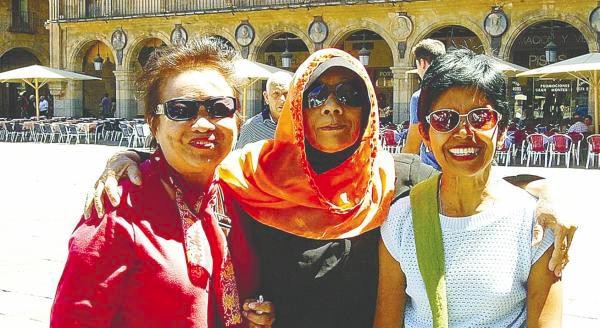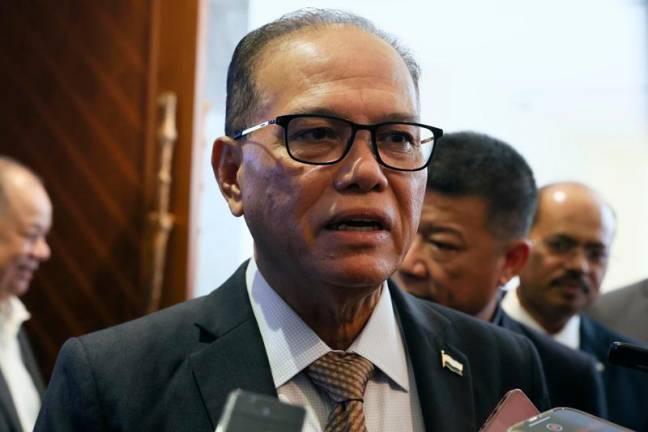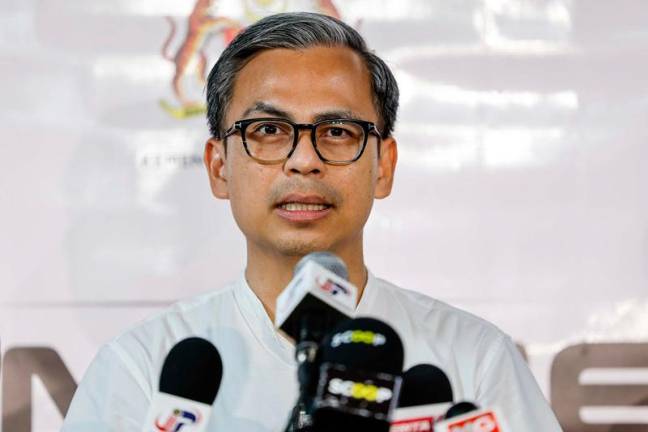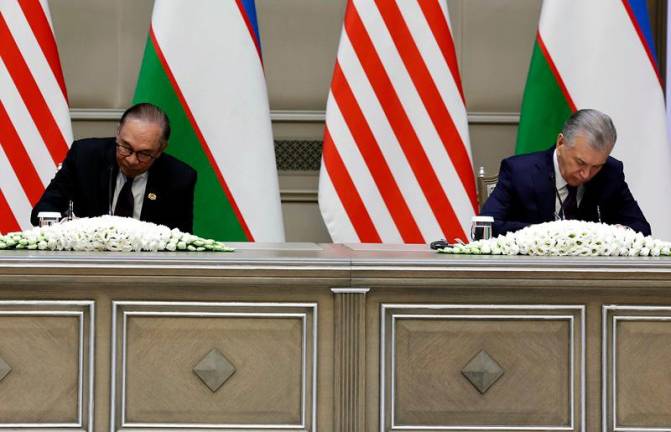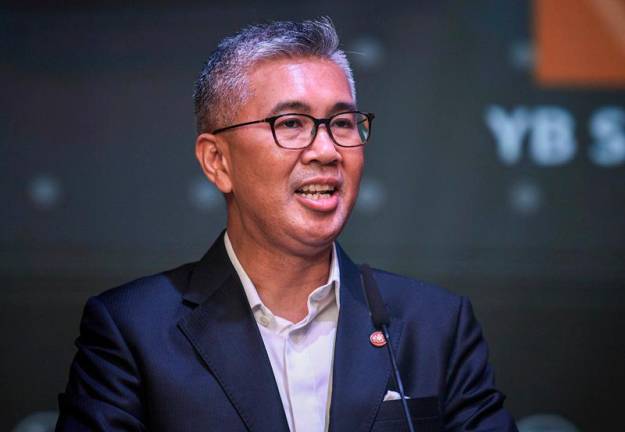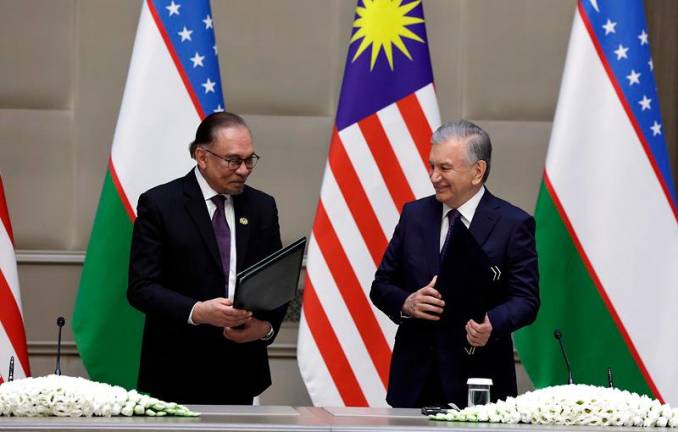I AM writing to express my concern about the rising tide of racism and intolerance sweeping across Malaysia.
As a Malaysian born in 1979, I have witnessed a disturbing shift from the solidarity and mutual respect I once knew to a climate of suspicion and animosity, fueled partly by certain politicians who exploit racial divisions for their gain.
Social media has become a breeding ground for hate speech, where Malaysians of different backgrounds berate one another with derogatory terms and stereotypes. This is not the Malaysia I grew up in, and it certainly is not the Malaysia I want to leave behind. It is painful to see the solidarity and respect I once knew replaced by suspicion and hostility.
Hatred and intolerance carry serious consequences. They tear apart the bonds of trust that hold us together, isolating people into divided groups.
When that happens, we lose our ability to collaborate and create a better future. The spirit of cooperation that once defined Malaysia is under threat, and I refuse to let it disappear without a fight.
Let me share a personal experience that exemplifies the true essence of Malaysian solidarity. In 2011, I took my late mother on a trip to Spain and Portugal before I left for the UK to pursue my PhD.
We were the only Malay and Muslim participants but we never felt alienated or disrespected. The group welcomed us with open arms, and my mother, a retired teacher, quickly bonded with two other retired teachers who were of Chinese and Indian descent.
They shared stories about their teaching careers, their childhood during wartime and even their struggles as women in education. They spoke in high-standard Malay and Victorian English, and I was amazed by their camaraderie.
I asked my mother how they managed to connect so easily, and she told me that they were children of war, born in the 1940s, who had witnessed and experienced tremendous suffering.
During those war years, they did not see others as Malay, Chinese or Indian – they saw them as fellow humans. Children of war appreciated and highly value solidarity and respect.
I made lifelong friends on that trip, and even now, we stay in touch despite living in different parts of Malaysia. Miss M is in Sarawak and Miss K is busy with her offshore schedule with Petronas.
We became friends because they admired how I took care of my late mother during the trip. Not every child has the patience to travel with an elderly parent, but I did my best, and I am proud of it.
What touched me most was how the group rallied around my mother when they learned she was fasting during Ramadan . It was my fault – I had miscalculated the dates, and Ramadan started on the third day of the trip.
The group made sure she had everything she needed, from halal meals to water bottles to stay hydrated in the heat. Some of the aunties even had apples and peaches ready, just in case my mom needed a quick snack.
The tour guide went out of his way to make her comfortable, and the whole group supported her during the long days of fasting. This is the Malaysia I remember – a place where people from different backgrounds come together with kindness and respect.
During the trip, I accidentally ordered a dish with pork for my mother as I had checked off the wrong box. A family dining with us noticed her discomfort. The father quickly stood up, took the dish from our table to his own and asked the restaurant to add it to his bill. This thoughtful gesture perfectly captures the essence of Malaysian culture – showing sensitivity and respect for one another’s beliefs and religious practices.
When my mother passed away on March 14, 2014, her friends from the trip reached out with sincere condolences and offers to help during this difficult time. Some even asked if I needed assistance with the cost of my last-minute flight home, knowing it would be extremely expensive to purchase on such short notice. I was deeply touched by their compassion and kindness.
Their messages provided comfort and helped ease my anxiety as I made my way from Sheffield to Birmingham Airport. Although their offers to help with the tickets were generous, I was fortunate to receive immediate assistance from Dr A, a Malaysian fellow studying at York University. He managed to secure a flight for me on the same day I learned of my mother’s passing from her, allowing me to be with my family during this challenging period.
Dr A also went above and beyond by staying on the phone with me from Sheffield to Birmingham airport, helping me keep a clear head during the journey.
It breaks my heart to see how far we have strayed from these values. If we let hate and division continue to spread, we risk losing the very essence of what makes Malaysia special.
Unity fosters trust and confidence, allowing individuals to collaborate and support one another. This is the kind of Malaysia I would like for every Malaysian to have the passion to rebuild, and we must do it together.
I urge all Malaysians to reflect on what makes our country unique. It is our diversity, our shared history and ability to coexist in harmony.
We cannot let divisive rhetoric tear us apart. I call on our leaders to set an example by promoting unity and rejecting the politics of hate. We need to work together to rebuild the spirit of solidarity and create a Malaysia that embraces everyone, regardless of skin color or religion.
Malaysians are remarkable for their compassion, empathy and understanding. Let us not undermine these qualities. Given the challenges of political divisions and historical legacies, building trust among us has not been easy. Let us strengthen our bonds rather than tear them down.
Suzianah Nhazzla Ismail
Shah Alam



